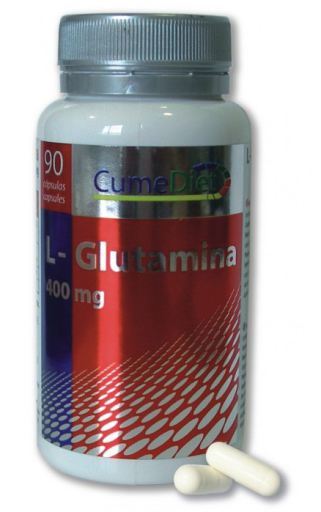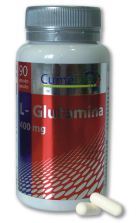

Glutamine is the most abundant amino acid in muscles (almost 60% of the total amount of amino acids) and in human blood plasma. Glutamine is classified as a "non-essential amino acid", that is, our body can synthesize a certain amount from other amino acids.
It neutralizes the excess of lactic acid in the muscles generated in the practice of intense anaerobic exercise.
It helps the regeneration of intestinal cells (enterocytes, colonocytes, and fibroblasts) and other rapidly proliferating cells.
Glutamine not only provides benefits to athletes, its consumption also benefits patients who have suffered trauma and burns and in general those who are forced to stay in bed for a certain amount of time, since in these cases of stress a large amount of this amino acid it is released into the blood causing some loss of muscle mass.
Its consumption is also beneficial in case of immunodeficiency states, arthritis, fibrosis, ulcers and intestinal disorders (it helps to restore the wall of the intestine)
They are natural sources of glutamine: dairy foods, meats, spinach, peas, beans, soybeans, miso, nuts, bananas and eggs.
